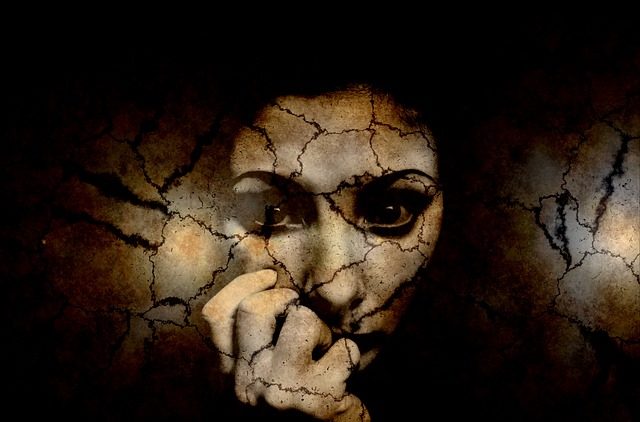How to Cope with Challenging Life Events

Let’s face it, life is hard. There is a lot that comes about, a lot of challenging life events that come your way. Between business challenges that can take a toll on your mental health to even serious situations and changes that are hard to really overcome and face, you may wonder if there is a way to cope.
Well there is, and when the going gets tough, or unusual situations get in the way, it’s important to stay strong, and we’ll go over how you can cope with challenging life events as they come your way.
Calm Down
The first step is usually to freak out. Your body is using a stress response to react to stimuli in the world around you. You’re stressed and worried, and instead of lashing out, you may want to take a moment to calm down before you start to focus on how to fix the situation or cope with the feelings you have.
Stress responses are there to make you feel safe, but the thing is, if you’re unable to turn it off, it will make you feel trained and much more reactive. So before you do anything else, calm down, and take a moment to relax. Consider using calming techniques to relax so you can focus on the problem at hand.

Feel the Feelings
While it is hard, sometimes feeling the feelings helps make the situation better. It is important to take a moment and understand the feelings that you have. If you’re sad, feeling angry, or even struggling to keep it together, feel it. Don’t bottle it up, but express it.
Lots of us are afraid of this, but if you continue to bottle it up, that builds unhealthy coping mechanisms. With unusual events, really feeling them in your body and where they show up will help you understand why you feel the way that you do, and what exactly you’re processing.
Consider Switching thinking Patterns
You may be using too much focused thinking to the point where you’re getting anxious about the change. Focused and diffused thinking are both thinking types that can help you feel better. If you’re facing a situation with too much focused thinking, consider using more diffused thinking to relax thee brain and body, so you can understand why you feel the way that you do, and so you can process this better.
Make changes
Remember, you can make changes if the situation is unusual. While it may feel like you can’t do anything, learning to improve your life through changes that you have is important. The emotions that you have due to the stress of the situation isn’t something to wallow in, but instead, take a moment and analyze the challenges that you face. Once you’ve analyzed this you can begin to make changes. Spending time making changes is more empowering for you than to be paralyzed by the stress or anxiety, or even depression. If you move in a more positive direction, even in a slow manner, will help you feel better. Getting into an activity also will help you move forward, so you don’t start ruminating on the problem. Engage in positive activities, especially with 7unual changes, so you’re not caught up in the stress or depression of said changes.
Get help and Support
Finally, understand that in these trying times, it’s hard to do it alone. But you can get help.
Help is a great thing, and sometimes talking to someone makes the situation easier to process and easier to face.
Mind Diagnostics is great for this because it can tell you everything you need to know about yourself, and the state of your mental health. It is a valid tool, and a great one if you feel like you’re unsure of what’s going on. It also is good if you feel reactive and don’t know why.
Changes can be stressful, and unusual events are not easy to process. But you can overcome it, and we gave you tools in this to not only process the emotions and how you feel, but also what you can do to improve your health and wellness.
Contributed by Marie Miguel
Marie has been a writing and research expert for nearly a decade, covering a variety of health-related topics. Currently, she is contributing to the expansion and growth of a free online mental health resource with Mind-iagnostics.org. With an interest and dedication to addressing stigmas associated with mental health, she continues to specifically target subjects related to anxiety and depression.



